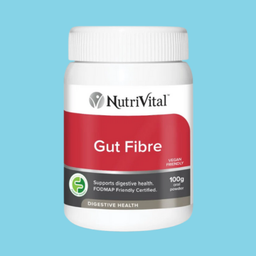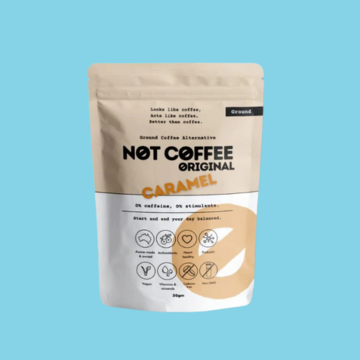How often do you misplace your car keys, forget where you parked the car or forget the name of a person you just met? Dr Brad McEwen says forgetfulness will affect us all at some stage but don’t dismay, there are ways you can naturally boost your memory.
We have all had the “tip of my tongue” moment, where our memory fails us. However, when it gets to the point where not only our memory is affected but our focus, attention and even judgment, reasoning and decision making are impacted, then it is time to do something about it.
With ever increasing rates of memory-related disorders, there is a growing interest in herbal medicines for their cognitive enhancing effects (often referred to as nootropics). Research has shown numerous benefits of sage for cognition, memory, and mood. In folk medicine, sage (Salvia officinalis) was used for its ability to enhance “head and brain” function, improve memory, concentration, to “quicken the senses”, and delay age-associated cognitive decline. Today’s research supports this traditional knowledge with a recent randomised, placebo-controlled, double-blind, crossover study showing a standardised extract of sage significantly improved performance cognition, such as accuracy of attention, word recognition, word recall, and working memory. The trial participants were aged greater than 65 years and were given varying doses of sage. While only a small trial, there was a sustained memory improvement over time and the effects of the sage on memory were seen after only an hour of
taking the sage extract. In another study, improvement of mood (calmness, feeling content) and cognitive functions (alertness) was noticed after a single dose. A systematic review published in 2014 found that sage exerted enhancing cognitive performance both in healthy subjects and patients with dementia or cognitive impairment. A four-month, parallel group, placebo-controlled
trial investigated the effect of sage in patients with mild to moderate Alzheimer’s disease aged between 65 and 80 years. At the completion of the study, sage had a significantly better outcome on cognitive functions than placebo. An important point was that sage potentially reduced agitation
in those patients. It was also found to be a safe herb for these indications.
There are several mechanisms of action that can be suggested for the cognitive and memory-enhancing effects of sage. One mechanism is the potential interaction with the cholinergic system and the inhibition of acetylcholinesterase activity. Acetylcholinesterase is the enzyme that catalyses the breakdown of acetylcholine.
Acetylcholine is a neurotransmitter used in neurons in the central nervous system and at neuromuscular junctions and is essential for learning and memory. Impaired function of cholinergic neurons in the basal forebrain (brain areas critical to cognition) has been associated with memory alteration. Additionally, several studies suggest that sage has potent antioxidant, anti-inflammatory, anti-anxiety, metabolic (reducing blood glucose, cholesterol, insulin resistance), and antinociceptive (reducing pain) activities.
Extra memory boost.
- In addition to sage, try other herbal medicines that support memory and concentration, including brahmi (Bacopa monniera) and ginkgo (Ginkgo biloba). Herbal medicines, such as lemon balm (Melissa officinalis) and passionflower (Passiflora incarnata), reduce stress and have a calming effect.
- Stay social.
- Keep moving – even moderate physical exercise will help! Researchers believe it works by improving oxygenation and nutrition for the brain.
- Eat a highly nutritious diet (high in B vitamins, omega-3, magnesium, and zinc), and manage stress.
Roger Madden is a 70-year-old retired corporate development strategist that has been advising small businesses for the last five years. Two months ago, he started taking Sibelius sage, his motivation for doing so was to improve his cognitive function. Here’s what he had to say:
“I started taking Sibelius sage on the recommendation of a good friend that is also a brilliant pharmacist. Unlike vitamins C, E and so on, the herb sage targets memory, cognition, alertness and the ability to think critically. These things are very important to me.
“I really enjoy spending time with young people, helping to mentor them and guide them towards positive lifestyles. I’m also passionate about sports and community activities, and my wife and I love to cook, entertain and travel.
“My motto is, ‘life is not a rehearsal’ so you have to actively play the ‘game and enjoy it’. I want to do this at every age. I am a skeptic when it comes to supplements, however, after doing a lot of research I decided sage might help support my cognitive function and it has! I find I now don’t have to write numbers and details down as often and I feel very alert.”
Sibelius sage is a natural supplement that has been examined in a range of studies and clinical trials at Oxford University. It helps improve cognitive function and boost alertness, concentration, and memory.
Visit www.sibeliussage.com.au or talk to a Go Vita health consultant in store.

